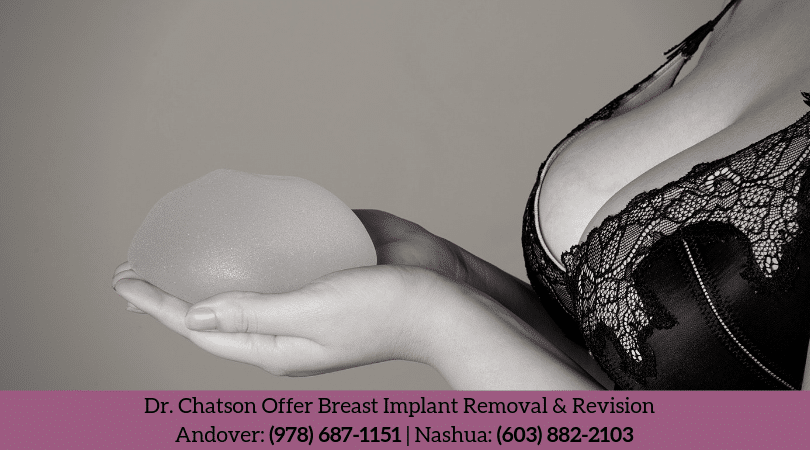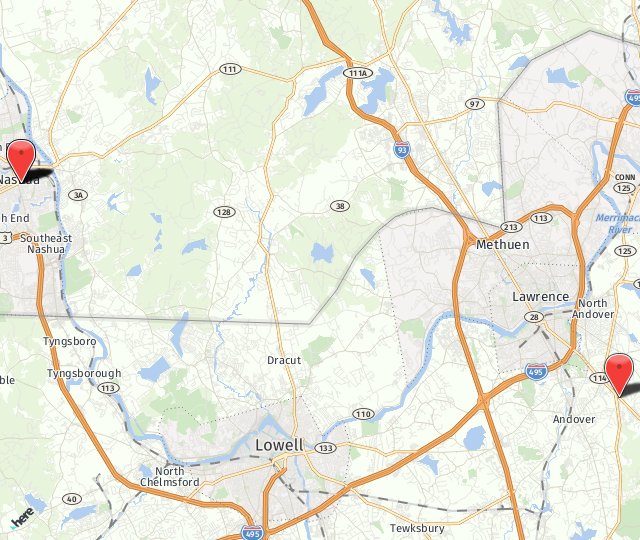Breast augmentation enhances the size, shape, profile, and projection of the breasts with either saline or silicone implants. Modern breast implants are designed to last for several years – and some may even last for a lifetime – but there are times when an implant will need to be removed or replaced.
In some cases, it is simply a personal desire that drives the need to remove or replace breast implants. If you want to change the size or shape of your implants, for example, or if you want to change to a different type of breast implant. Removing implants altogether to return to your natural shape and size may also be a factor in seeking breast implant removal. This may require a breast lift procedure to remove skin that has stretched to accommodate a previously larger size.

There may also be issues like implant failure that require the removal and replacement of implants. These include:
- Breast implant rupture
- Breast implant deflation
- Implant wrinkling or rippling
- Implant shift
- Capsular contracture
Saline breast implants often deflate quickly upon rupture, but silicone implants may not show signs for months or even years. If you have silicone breast implants, you may want to schedule an MRI every couple of years to check for imperfections.
Breast implant rupture is relativity uncommon with modern implant options and some, like the “gummy bear” implant, are designed to prevent deflation even in the case of rupture. During your initial consultation, Dr. George Chatson will cover all of your implant options to help ensure you are choosing the style that makes the most sense for your needs.
Breast Implant Placement
Breast implants can be placed above or below the muscles in the chest. Those placed below (submuscularly) are less likely to show visible defects like ripples, wrinkles, creases, or folds. This placement may also help reduce the risk of capsular contracture, a rare but painful condition in which scar tissue forms in the implant pocket, gradually hardening and tightening the area.
Signs of Implant Rupture
The most common sign of a ruptured breast implant is deflation. If you notice a change in the size or shape of one of your breasts, it is best to call our Andover or Nashua office for an evaluation. When addressed early on, further aesthetic and physical complications can often be avoided.
Additional signs of implant rupture, failure, or complications that should be brought to the attention of Dr. Chatson include:
- A hardening of breast tissue
- Swelling in the breasts
- The formation of small lumps around the breasts
- Swollen lymph nodes
- Visible rotation or shift of an implant
- Changes in breast symmetry
Complications with breast implants are rare, with rupture and deflation being among the most common. If you suspect your implants have ruptured or if you are experiencing any other complications – even if Dr. Chatson did not initially perform your breast augmentation procedure – get in touch right away for an evaluation and to learn about your options.
Why Choose Dr. Chatson
Dr. Chatson is a board-certified plastic surgeon with decades of experience and a long history of patient satisfaction. Dedicated and thoughtful, Dr. Chatson listens carefully to patient concerns and offers the safest and most effective options for treatment.
A recipient of the Patient Safety Excellence Award for several years running, Dr. Chatson performs implant revision surgery in accredited surgical facilities where patient comfort and safety are closely guarded. He is also the former president of the New England Society of Plastic Surgeons and a frequent contributor to realself.com whose commitment to the art and science of plastic surgery is evident in both his patient reviews and before and after pictures.
To schedule your initial consultation with Dr. Chatson, please call our Andover, Massachusetts office at 978-687-1151 or our Nashua, New Hampshire office at 603-882-2103 today.

